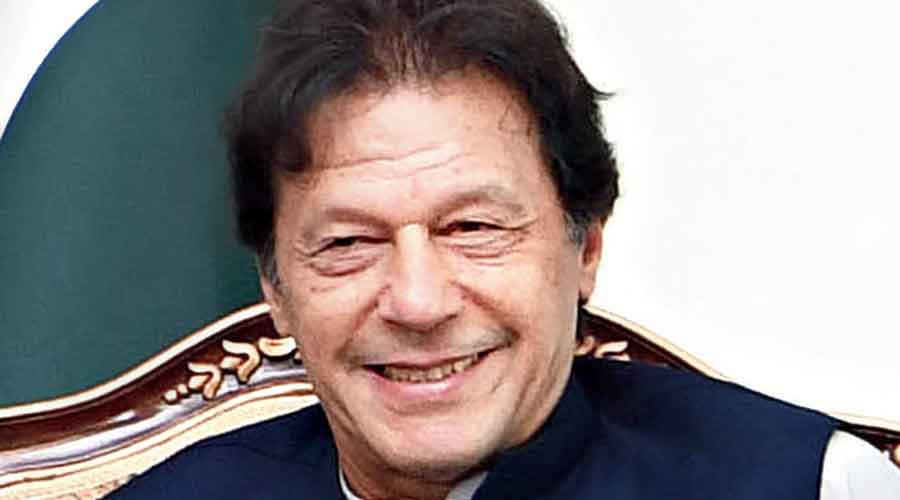As a cricketer, Imran Khan usually chose aggression over defence — and it often worked for him. Now in his fourth year as prime minister of Pakistan, he appears to have decided on a much more nuanced approach for the future of his nation. On Friday, Mr Khan signed Pakistan’s first formally-acknowledged national security policy. A publicly released version of the document makes it clear that his government sees the economy as key to Pakistan’s security. The new policy emphasizes the need to defend the country from external threats and adapt the nation’s capabilities in the face of hybrid warfare, including not just conventional arms, but also cyber attacks and non-State actors. Predictably, it identifies India as Pakistan’s biggest threat, but for a public document is low on rhetoric and argues for dialogue with its larger neighbour. The Kashmir dispute, for long the bugbear in ties between the two South Asian nations, receives less attention than climate change and food security.
It is understandable to be cynical of government policy documents, and Pakistan’s ruling elite has not shown foresight when it comes to crafting that country’s direction quite often. By itself, the new policy does not offer evidence that Pakistan’s leaders are committed to a new vision. But if Islamabad genuinely moves towards implementing the public part of this document, it can only be good for Pakistan and South Asia. For too long, Pakistan has defined its national security almost exclusively through the prism of India. Its policy of exporting terrorism to India and Afghanistan has, unsurprisingly, also fostered radicalism at home. Foreign investors do not like putting their cash into countries that are considered unstable or unsafe — and, as Mr Khan knows well, even cricket teams have withdrawn from tours to Pakistan. All of this has devastated the country’s economy while destabilizing its neighbourhood. A course correction could pave the way for better relations across South Asia. On its part, India must take note: at the heart of Pakistan’s current predicament is its embrace of Islamic fundamentalism in the 1980s. Through years of religious indoctrination, the country blurred the lines between science and myth for at least two generations. India risks going down a similar path of State-sponsored religious radicalization. Pakistan's national security policy should serve as a cautionary tale for India.











